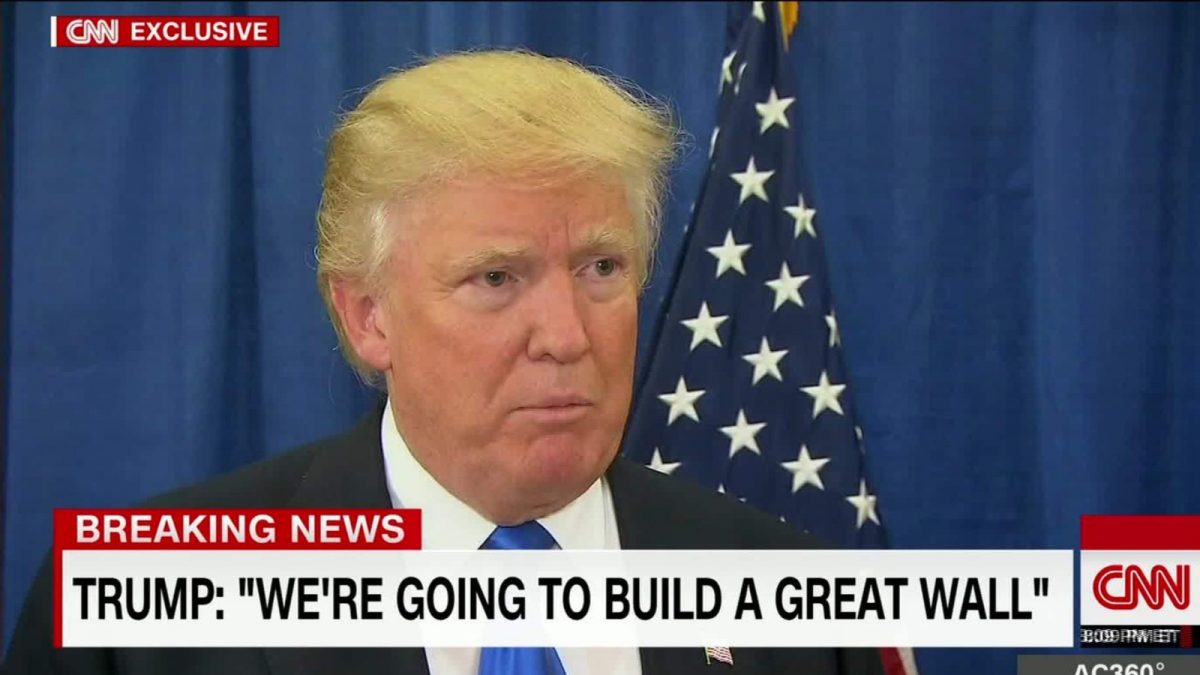President Trump made immigration central to his campaign, and has occasionally singled out the H-1B program for high-skilled workers. Now, legislation has been introduced in Congress to change the rules for H-1Bs.
H-1Bs are temporary work visas available to professionals whose services are sought by a US employer offering at least the prevailing wage. H-1B filing fees also create a significant fund earmarked for STEM education of US workers.
According to a report by the U.S. Chamber of Commerce studying foreign students with a STEM degree hired by American companies, each H-1B employee creates 2.62 additional jobs for American workers.
Several of the San Francisco Bay Area’s largest start-ups — including Uber, Palantir and Tesla — were co-founded by foreign-born entrepreneurs. Immigrants have founded or co-founded about half of U.S. start-ups valued at more than $1 billion, according to a study by the National Foundation for American Policy.
The number of H-1B visas permitted annually by Congress is low and needs to be increased. The annual cap of 85,000 visas has been exhausted in each of the past 14 fiscal years. In FY 2017, in just the first week that the visas became available, U.S. Citizenship and Immigration Services (USCIS) received more than 236,000 H-1B petitions. Winners were selected through a random lottery, creating unpredictability for American companies’ hiring processes.
Still, high interest is is a good problem to have: U.S. employers are hiring, and foreign talent is interested in working in America. Increasing the cap would give US companies access to the best candidates, spurring competitiveness and productivity. An H-1B cap that is too low drives skilled workers to competitor nations and drives US employers to consider shifting projects to workers abroad.
Today’s San Jose Mercury News summarizes H-1B bills introduced in Congress. They focus on increasing the minimum wage offered to H-1B workers.
Two California lawmakers are introducing plans to revamp the H-1B program, which allows about 85,000 highly skilled foreign workers to enter the country every year. Rep. Darrell Issa, a Republican from San Diego, introduced a bill that would raise the minimum salary from $60,000 to $100,000 for the workers, eliminating the lower pay that attracts U.S. companies.
Rep. Zoe Lofgren, D-San Jose, is planning a bill that would push for higher salaries for visa-holders and require companies that rely heavily on H-1B employees to prove they recruited U.S. workers for certain positions.
Senator Charles Grassley, R-Iowa, also plans to introduce a bill to reform H-1B and other visa programs.
The oversubscription of the H-1B program may be a reason to consider raising the minimum education or salary requirements for H-1B workers. But the cap should be increased too in order to maximize the benefits to the U.S. economy.


Leave a Reply